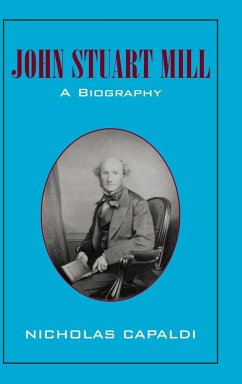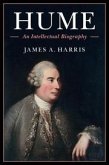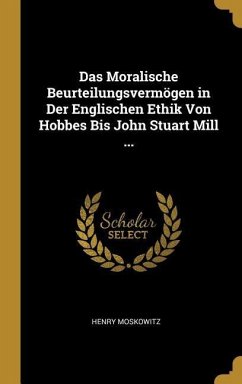Short description/annotation
A biography of John Stuart Mill, the most influential British philosopher of the 19th century.
Main description
Nicholas Capaldi's biography of John Stuart Mill traces the ways in which Mill's many endeavours are related and explores the significance of Mill's contribution to metaphysics, epistemology, ethics, social and political philosophy, the philosophy of religion, and the philosophy of education. He shows how Mill was groomed for his life by both his father James Mill, and Jeremy Bentham, the two most prominent philosophical radicals of the early nineteenth century. Yet Mill revolted against this education and developed friendships with both Thomas Carlyle and Samuel Taylor Coleridge who introduced him to Romanticism and political conservatism. A special feature of this biography is the attention devoted to his relationship with Harriet Taylor. No one exerted a greater influence than the woman he was eventually to marry. Nicholas Capaldi reveals just how deep her impact was on Mill's thinking about the emancipation of women.
Table of contents:
1. Childhood and early education: the great experiment (1806-1820); 2. Company man and youthful propaganda (1821-1826); 3. Crisis (1826-1830); 4. The discovery of romance and romanticism (1830-1840); 5. The transitional essays; 6. Intellectual success (1840-1845); 7. Worldly success (1846-1850); 8. Private years (1850-1859); 9. The memorial essays: utilitarianism, representative government, on liberty; 10. Public intellectual (1859-1869); 11. Last years (1869-1873).
A biography of John Stuart Mill, the most influential British philosopher of the 19th century.
Main description
Nicholas Capaldi's biography of John Stuart Mill traces the ways in which Mill's many endeavours are related and explores the significance of Mill's contribution to metaphysics, epistemology, ethics, social and political philosophy, the philosophy of religion, and the philosophy of education. He shows how Mill was groomed for his life by both his father James Mill, and Jeremy Bentham, the two most prominent philosophical radicals of the early nineteenth century. Yet Mill revolted against this education and developed friendships with both Thomas Carlyle and Samuel Taylor Coleridge who introduced him to Romanticism and political conservatism. A special feature of this biography is the attention devoted to his relationship with Harriet Taylor. No one exerted a greater influence than the woman he was eventually to marry. Nicholas Capaldi reveals just how deep her impact was on Mill's thinking about the emancipation of women.
Table of contents:
1. Childhood and early education: the great experiment (1806-1820); 2. Company man and youthful propaganda (1821-1826); 3. Crisis (1826-1830); 4. The discovery of romance and romanticism (1830-1840); 5. The transitional essays; 6. Intellectual success (1840-1845); 7. Worldly success (1846-1850); 8. Private years (1850-1859); 9. The memorial essays: utilitarianism, representative government, on liberty; 10. Public intellectual (1859-1869); 11. Last years (1869-1873).








